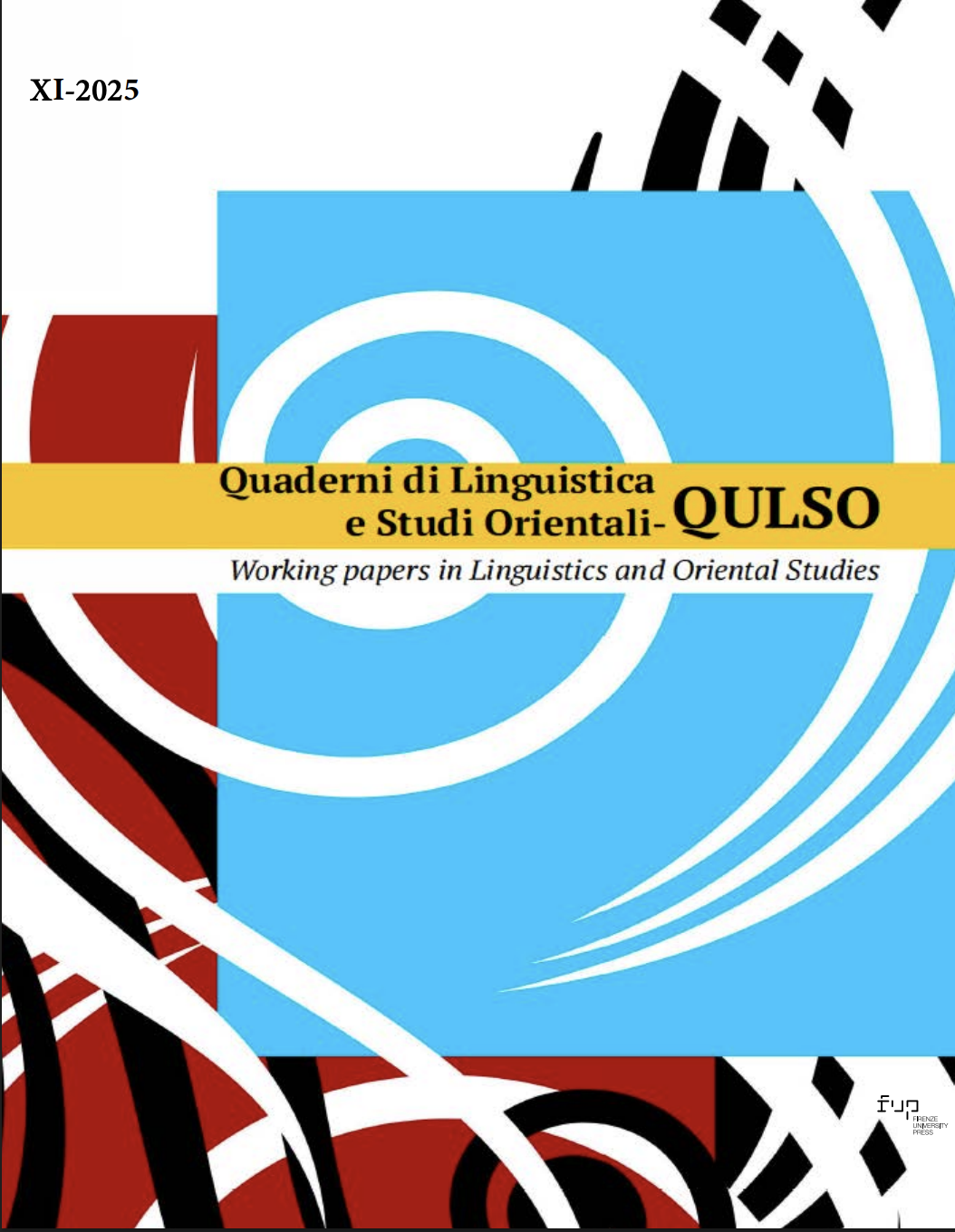Maintaining Context or Reacting to It? Cognitive Control Strategy and Awareness of the “Question Under Discussion” in Scalar Implicature Derivation
Published 2025-09-30
Keywords
- Scalar Implicature,
- QUD Sensitivity,
- Context Awareness,
- Context Maintenance Ability,
- Cognitive Control
- DPX Task ...More
How to Cite
Copyright (c) 2025 Glenn Starr

This work is licensed under a Creative Commons Attribution 4.0 International License.
Abstract
This experimental study examines whether the Question Under Discussion (QUD) modulates the comprehension of pragmatic implicatures in context. Using brief two-sentence communicative exchanges, participants are asked to judge the acceptability of a target some response whose felicity is influenced by all and any quantifiers in the preceding QUD as well as an accompanying picture graphic. This work also investigates the extent to which context maintenance ability affects native English speakers’ awareness of the contextual cues in the target QUD conditions. Context maintenance ability was indexed using a Dot Pattern Expectancy (DPX) task, allowing examination of its potential predictive role in participants’ judgments. Data collected from 39 native English speakers reveal significant differences in rating behavior in the two target conditions. Participants rated some responses as less acceptable following all-QUDs than any-QUDs, indicating sensitivity to contextual cues that prime scalar implicatures. Interestingly, older adults who showed slower and less accurate performance on context-dependent trials in the DPX task were more likely to distinguish between QUD conditions in their judgements. These findings suggest that certain individuals rely on a more reflective, reactive processing strategy when reasoning about scalar inference generation. Rather than proactively maintaining contextual information throughout, they engage cognitive control to incorporate context cues only after ambiguity or interference arises.

